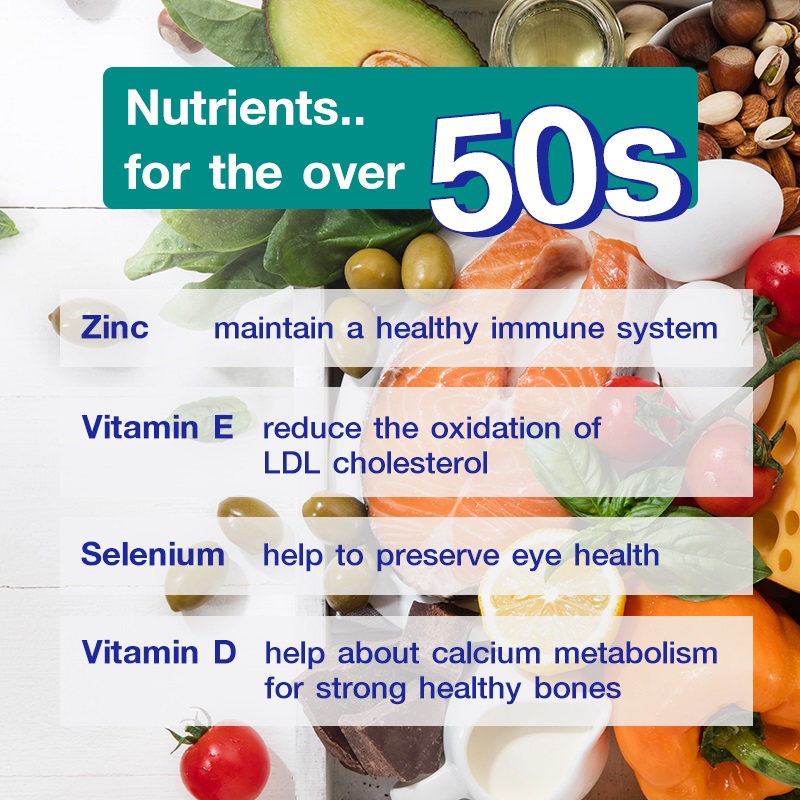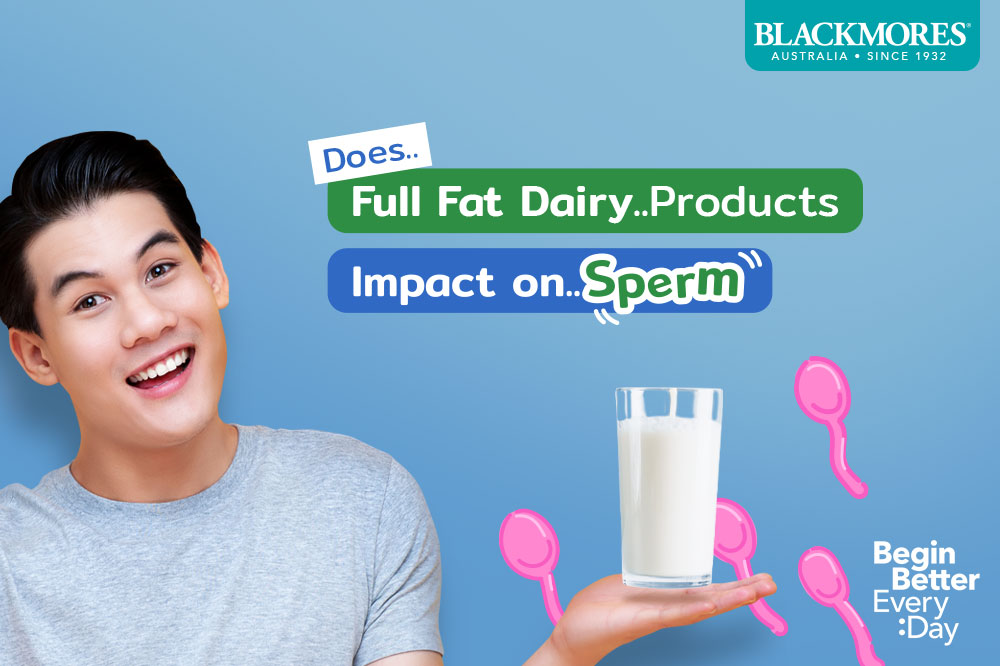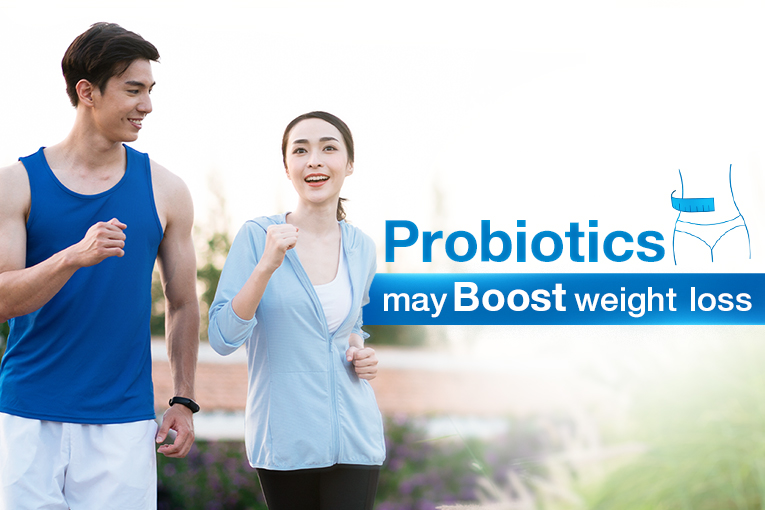Do you know which nutrients need particular attention paid to them later in life? Naturopath Kate Ferguson looks at four essential nutrients for good health in the over 50s.
Good health throughout our life is dependent on a well-balanced diet from a variety of fresh foods that provide us with all of the essential vitamins and minerals our body needs.
An adequate intake of the following 4 nutrients may help to support your wellbeing as you move into your later decades.
Zinc
Zinc is an essential trace mineral that is found in every cell in the body and is involved in over 200 enzymatic reactions, which is more than any other mineral. As zinc is such an important nutrient involved in so many functions, it is vital that we get enough zinc for good health. As we get older, zinc is needed to help maintain a healthy immune system, support eye health and provide antioxidant protection.
Where to get it: zinc-rich foods include oysters, shellfish, wholegrains, legumes and pumpkins seeds.
Vitamin E
Vitamin E is a fat-soluble nutrient whose main role is as an antioxidant. For healthy ageing, vitamin E’s antioxidant function is particularly important as it may help to support the health of the heart.
Vitamin E may help to reduce the oxidation of LDL cholesterol, known as the “bad” cholesterol. It is thought that the oxidation (or free radical damage) to LDL cholesterol plays a role in the development of atherosclerosis.
Where to get it: cold pressed vegetable oils, especially wheat germ oil, nuts and seeds are the richest source of vitamin E. Other foods that provide a healthy dose of vitamin E include sweet potato, spinach and asparagus.
Selenium
Selenium is an essential trace mineral that, like vitamin E, functions as an antioxidant. Not only does it act as an antioxidant on its own, but it is also part of an antioxidant enzyme called glutathione peroxidase. This enzyme may be beneficial as we age as by maintaining the clarity of the lens in the eye and may help to preserve eye health. Selenium may also help to support heart health and immunity as we get older.
Where to get it: while the amount of selenium found in food is dependent on selenium levels in the soil, the best sources of this mineral are brazil nuts, garlic, fish, seafood and wheat germ.
Vitamin D
The primary function of Vitamin D has mainly been viewed as its role in calcium metabolism for strong healthy bones. While this remains a vital function of vitamin D, there is now more known about just how important this vitamin is for good health, especially as we get older.
Unfortunately, a deficiency of this nutrient is becoming more prevalent, and a significant number of Australians are considered to be deficient in vitamin D. Older people in particular are at a greater risk of vitamin D deficiency. Vitamin D may help to maintain muscle strength and reduce the risk of falls and subsequent fractures in the elderly.
Where to get it: while there are small amounts of vitamin D available to us from
foods such as oily fish, eggs and fortified milk, our main source of vitamin D is from adequate exposure to sunlight. In fact, it has been estimated that production of vitamin D after exposure of the skin to UVB radiation is responsible for 90% of vitamin D in the body.




















































